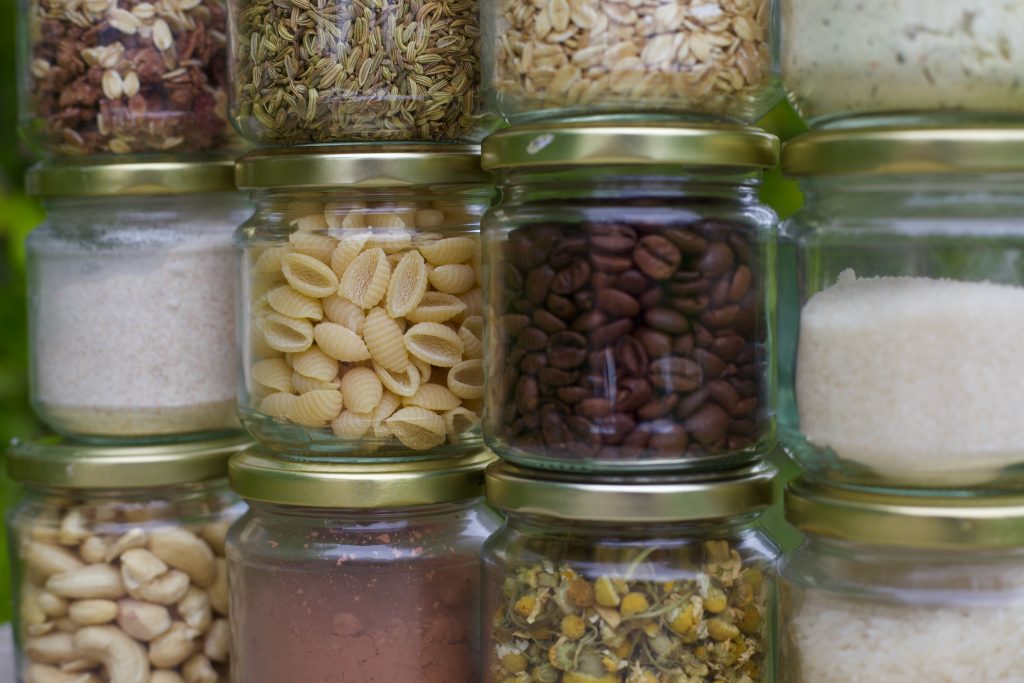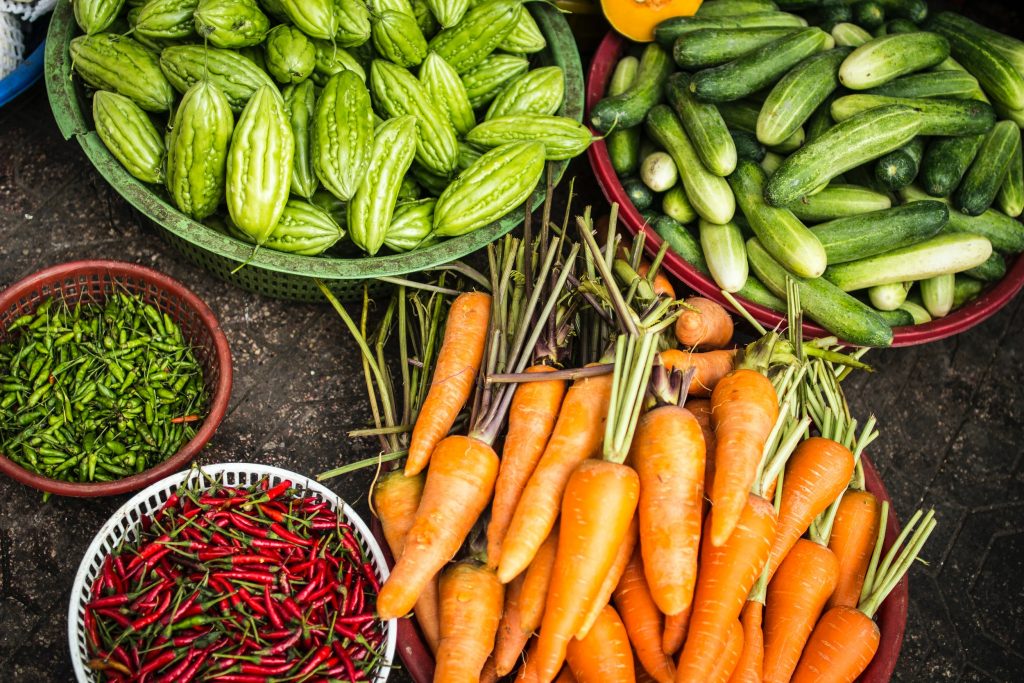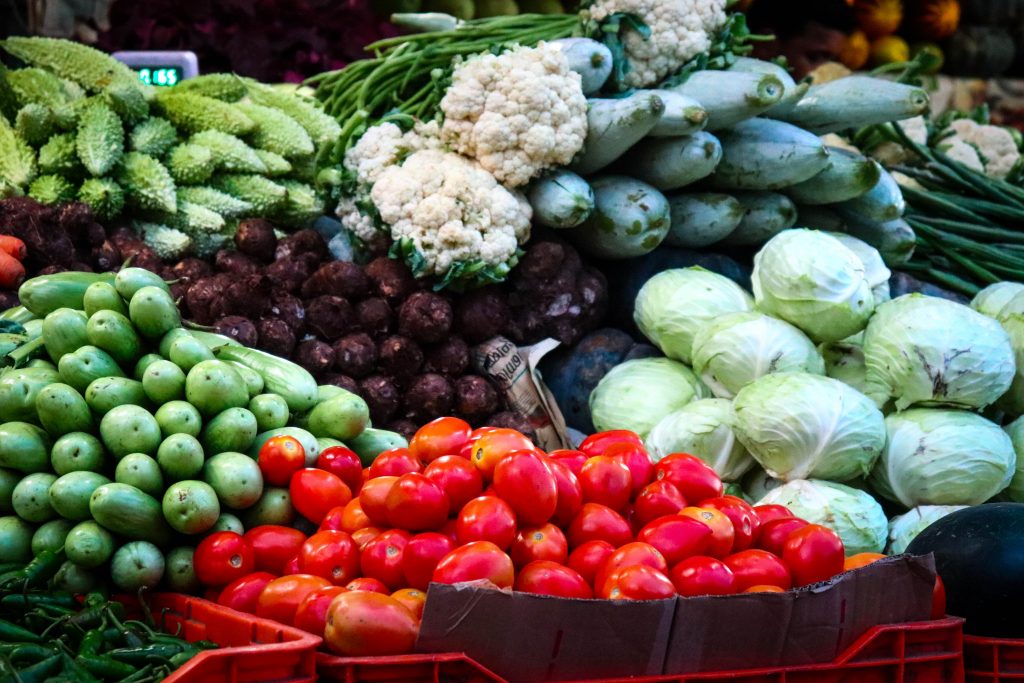Emergencies come in various forms, ranging from severe storms to unexpected power outages. Just like having insurance coverage for your home or car, it’s crucial to be prepared for the unexpected by stocking up on long-term food items. These food reserves act as a safety net, ensuring that your family won’t go hungry during times of crisis.
By incorporating freeze-dried foods into your emergency food supply, you can be ready for almost any unexpected event. Consider how invaluable these foods can be when a storm knocks out your electricity for several days. With long-term food items and a simple one-burner stove or candle to heat water (cold water can suffice in a pinch), you can still enjoy a hot and satisfying meal in less than 10 minutes.

Creating a private food reserve makes perfect sense, both from a financial and security standpoint. Using pouches is ideal for limited short-term emergencies, while cans are more suitable for potential extended emergencies or situations that may affect a large number of people. You can also mix and match your short-term and long-term food items to cater to your specific needs.
Expert Advice:
1. Assess Your Family’s Dietary Needs: Consider the dietary requirements and preferences of each family member when planning your emergency food supply. Take into account any allergies, dietary restrictions, or special considerations to ensure that everyone’s needs are met during an emergency.
2. Calculate the Right Amount: Determine the appropriate quantity of food to store for your family based on the number of members and the estimated duration of the emergency. The general recommendation is to have at least a two-week supply of non-perishable food items.
3. Focus on Balanced Nutrition: While it’s essential to have a sufficient food supply, it’s equally important to maintain a balanced diet during emergencies. Include a variety of food items that provide essential nutrients, such as proteins, carbohydrates, healthy fats, and vitamins.

4. Rotate Your Stock: Regularly check the expiration dates of your emergency food items and rotate them to ensure freshness. Consume and replace items nearing their expiration dates to maintain a reliable food reserve.
5. Don’t Forget Water: In addition to food, make sure you have an ample supply of clean drinking water. Aim for at least one gallon of water per person per day, accounting for both hydration and food preparation needs.
6. Consider Special Needs: If you have infants, elderly family members, or individuals with specific medical conditions, remember to include items such as formula, baby food, or medical supplies in your emergency preparations.
7. Store Properly: Keep your emergency food items in a cool, dry, and dark place to maintain their quality and extend their shelf life. Consider using airtight containers or food-grade buckets to protect them from moisture, pests, and other environmental factors.
8. Plan for Cooking and Heating: Alongside your food reserves, have alternative cooking methods available, such as a camping stove or a grill with extra fuel. Additionally, ensure you have a sufficient supply of matches, lighters, or other fire-starting tools. Remember to operate these safely and follow all necessary precautions.
9. Learn Basic Food Preparation: Familiarize yourself with simple and efficient methods of preparing meals using your emergency food items. Practice cooking with them before an actual emergency occurs to avoid any surprises or difficulties during a crisis.
10. Stay Informed: Keep track of local emergency alerts and stay informed about potential risks or weather-related events in your area. Stay connected with local authorities and follow their instructions for the safety of your family.

Remember, emergencies can happen unexpectedly, so it’s essential to be prepared. By following these expert suggestions and incorporating long-term food items into your emergency plan, you can ensure the well-being of your family during challenging times.
